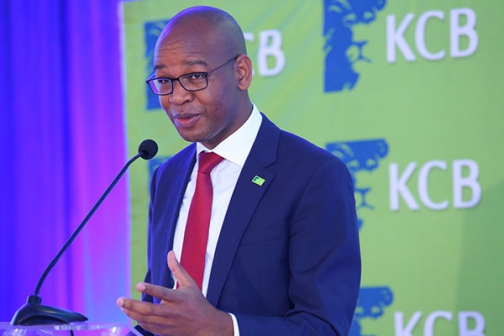×
The Standard e-Paper
Kenya’s Boldest Voice

KCB Group expects to finalise a takeover of smaller rival Imperial Bank by the end of September, Kenya’s biggest bank by assets said on Thursday after reporting higher first-half profits.